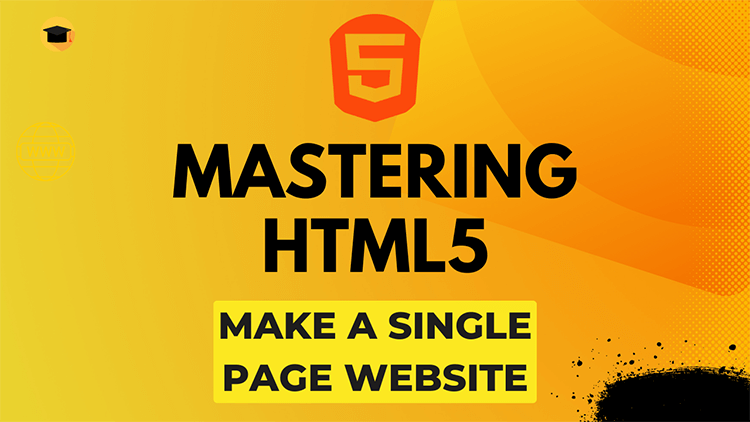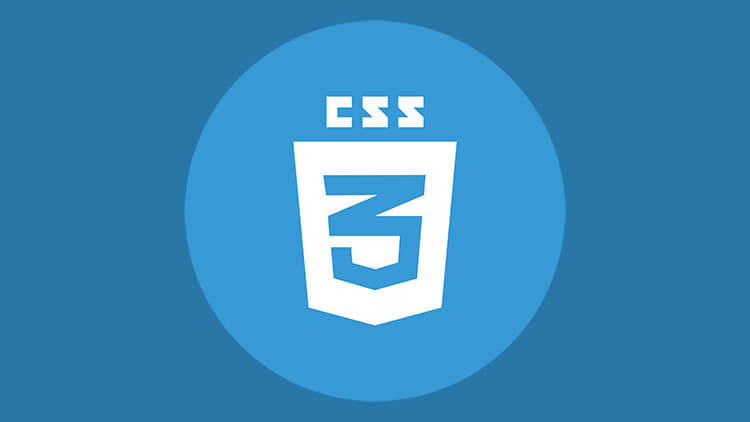Table of Contents
ToggleCourse Description: A Practical Guide to Software Testing
Introduction
Welcome to a comprehensive course that introduces a practical approach to software testing. This course bridges the gap between theoretical knowledge and real-world implementation, helping you gain valuable insights into the technical aspects and processes involved in software testing. Whether you’re a beginner, a developer, or an experienced tester, this course is tailored to meet your needs and enhance your skills.
By the end of this course, you’ll have a solid understanding of software testing techniques and processes, preparing you to excel in a professional environment. You’ll gain the confidence and expertise to tackle software testing challenges effectively.
Who Will Benefit?
1. Beginners
If you’re looking to transform your theoretical knowledge of software engineering into a practical skill set, this course is perfect for you. It provides a structured approach to understanding the real-world application of software testing practices.
2. Aspiring Software Testers
For those who wish to pursue a career in software testing, this course provides an excellent starting point. Learn the fundamental concepts and build the expertise needed to excel in this field.
3. Developers
In today’s dynamic tech landscape, being an “all-rounder” is an invaluable asset. As a developer, acquiring testing skills allows you to test applications early in the development process, reducing the burden on testing teams and ensuring higher quality software delivery.
4. Experienced Testers
Already working in software testing? This course offers a chance to refresh your basics, refine your techniques, and prepare for certifications in software testing, keeping you competitive in the industry.
Skills to Develop
No matter your profession, possessing the following skills will enhance your success in software testing:
Strong Communication Skills: Effective written and verbal communication is essential for articulating issues and collaborating with teams.
Fluency in English: Clear communication often relies on proficiency in English.
Typing Skills: Efficient typing ensures smooth documentation and reporting.
What You Will Learn
By the time you complete this course, you will:
Understand the principles and techniques that improve your efficiency as a software tester.
Gain hands-on experience in real-world testing scenarios.
Build the confidence to excel in software testing roles or transition into the field seamlessly.
Fun Facts About Software Engineering
Here are some fascinating insights into the world of software engineering:
The best programmers can be up to 28 times more productive than the least skilled programmers.
Adopting new tools or techniques may initially result in a decrease in productivity and quality.
The outcome of a feasibility study is almost always “yes.”
According to a May 2002 report from the National Institute of Standards and Technology (NIST), software defects cost the U.S. economy $59.5 billion annually.
Building reusable components is three times more challenging than developing non-reusable ones.
A 25% increase in problem complexity often doubles the solution complexity.
Software development is primarily intellectual work, with creativity playing a significant role and clerical tasks being minimal.
Errors in requirements are the most expensive to fix during production and the hardest to correct when they are missing.
Error removal is the most time-consuming phase of the software lifecycle.
Most software is tested to achieve only 55-60% branch coverage; even 100% coverage is insufficient in many cases.
Rigorous inspections can eliminate up to 90% of errors before the first test case is executed.
Maintenance consumes 40-80% of total software costs, making it a critical phase of the lifecycle.
Enhancements account for approximately 60% of maintenance expenses.
There is no single “best” method for removing software errors.
Key Topics Covered
1. Foundations of Software Testing
Overview of software testing principles.
Understanding the software development lifecycle and where testing fits in.
2. Testing Techniques
Learn various testing methodologies, including manual and automated testing.
Explore black-box and white-box testing approaches.
3. Real-World Implementation
Discover how to apply testing techniques in a real-world environment.
Understand how to handle testing challenges and ensure software quality.
4. Preparing for Certifications
Guidance on earning certifications in software testing.
Tips and resources to boost your test preparation.
Why Take This Course?
Practical Approach: Transition from theoretical knowledge to real-world testing scenarios.
Comprehensive Content: Gain a well-rounded understanding of software testing.
Career Advancement: Whether you’re starting fresh or enhancing your skills, this course prepares you for career growth.
Expert Guidance: Learn from professionals with real-world experience in software testing.
Who This Course Is For
Beginners: Lay a strong foundation for a successful career in software testing.
Developers: Expand your skill set by acquiring essential testing capabilities.
Experienced Testers: Refresh your knowledge and prepare for certifications to stay competitive.
Take the First Step Towards Software Testing Excellence
By enrolling in this course, you’ll gain a deep understanding of software testing techniques and processes. From beginners to experienced professionals, this course equips you with the skills and confidence to thrive in the field of software testing. Start your journey today and take your software testing expertise to the next level!
I am a skilled content writer passionate about crafting engaging and impactful content. With expertise in creating SEO-friendly articles, blog posts, and web content, I specialize in delivering compelling narratives that resonate with diverse audiences. Dedicated to quality and creativity, I ensure every piece stands out and leaves a lasting impression.



